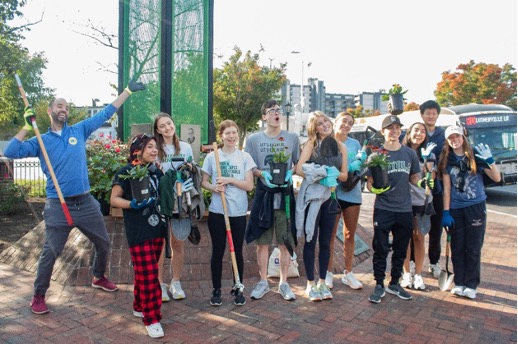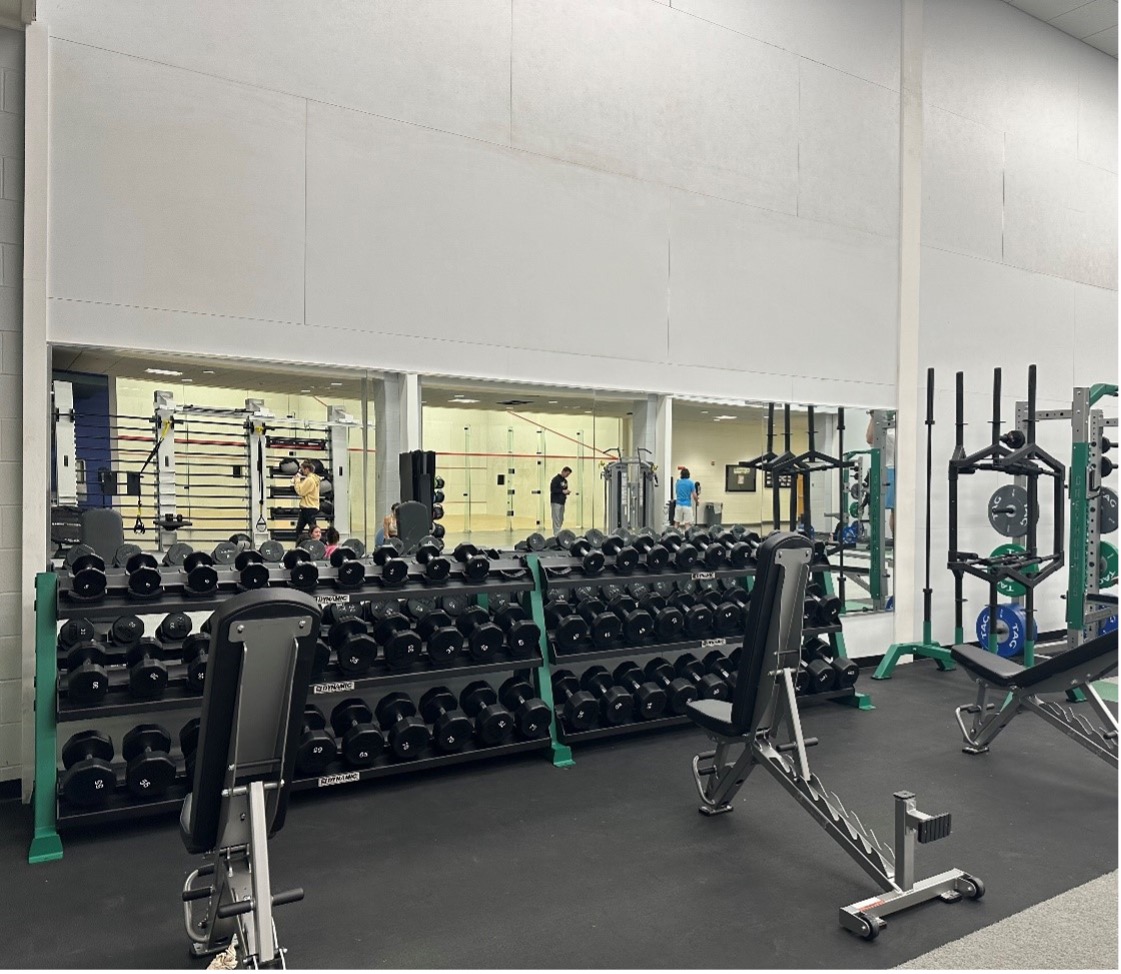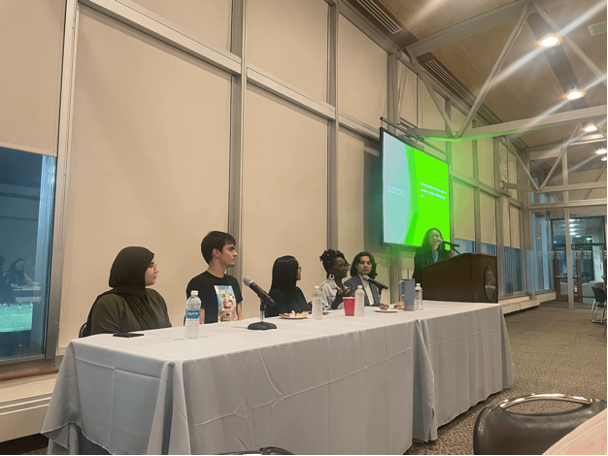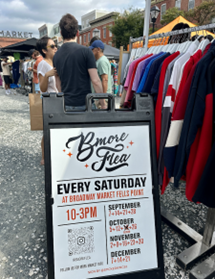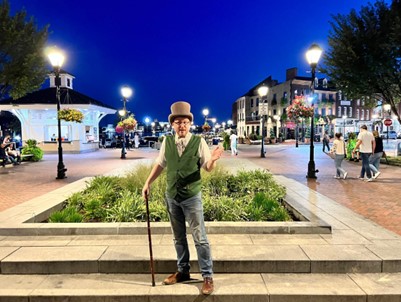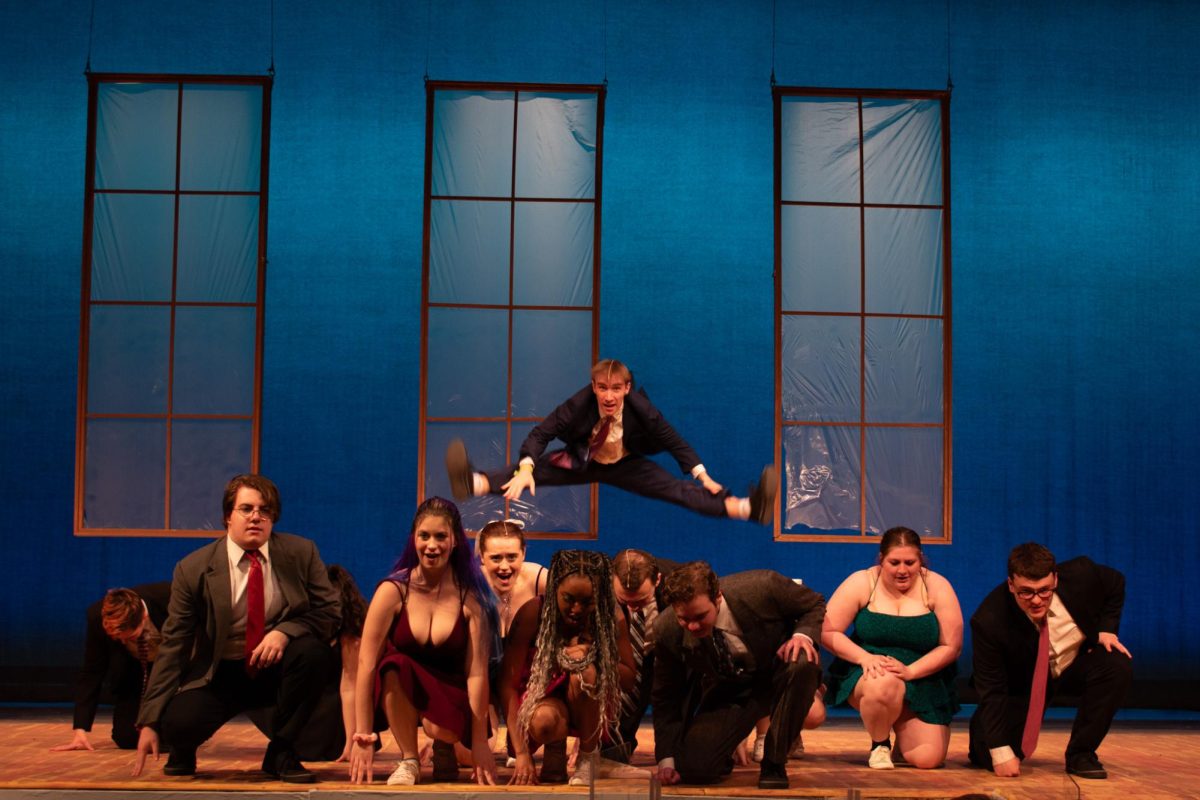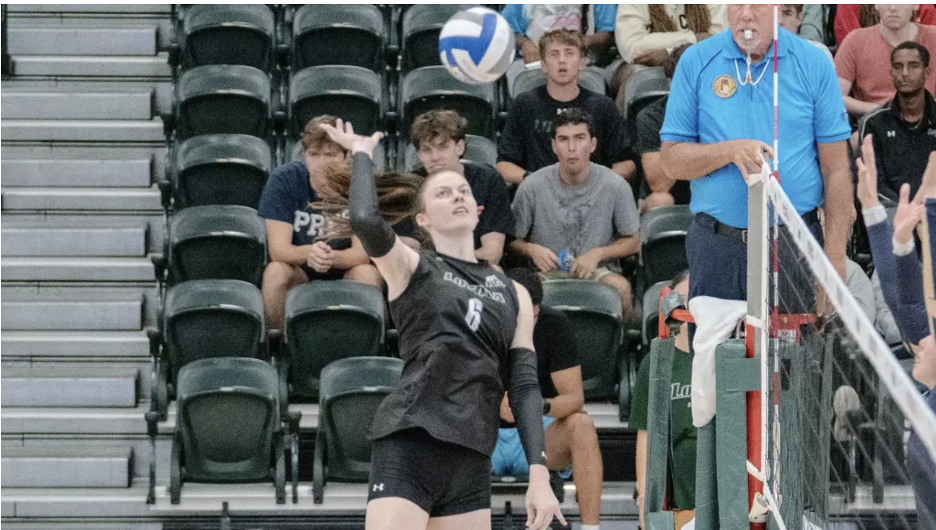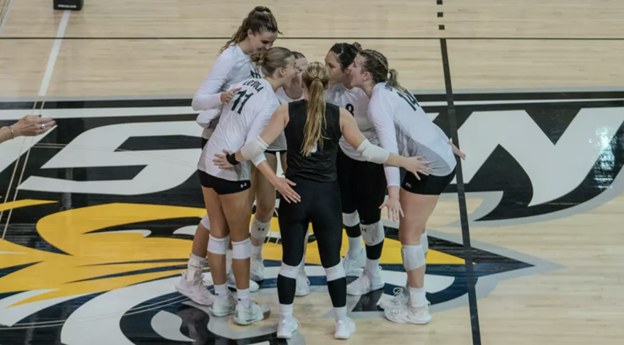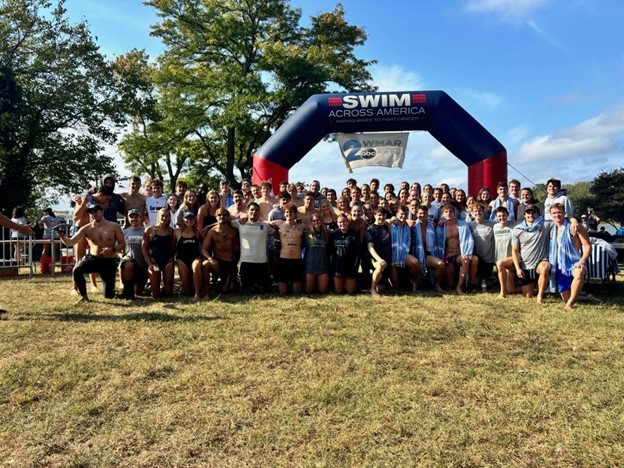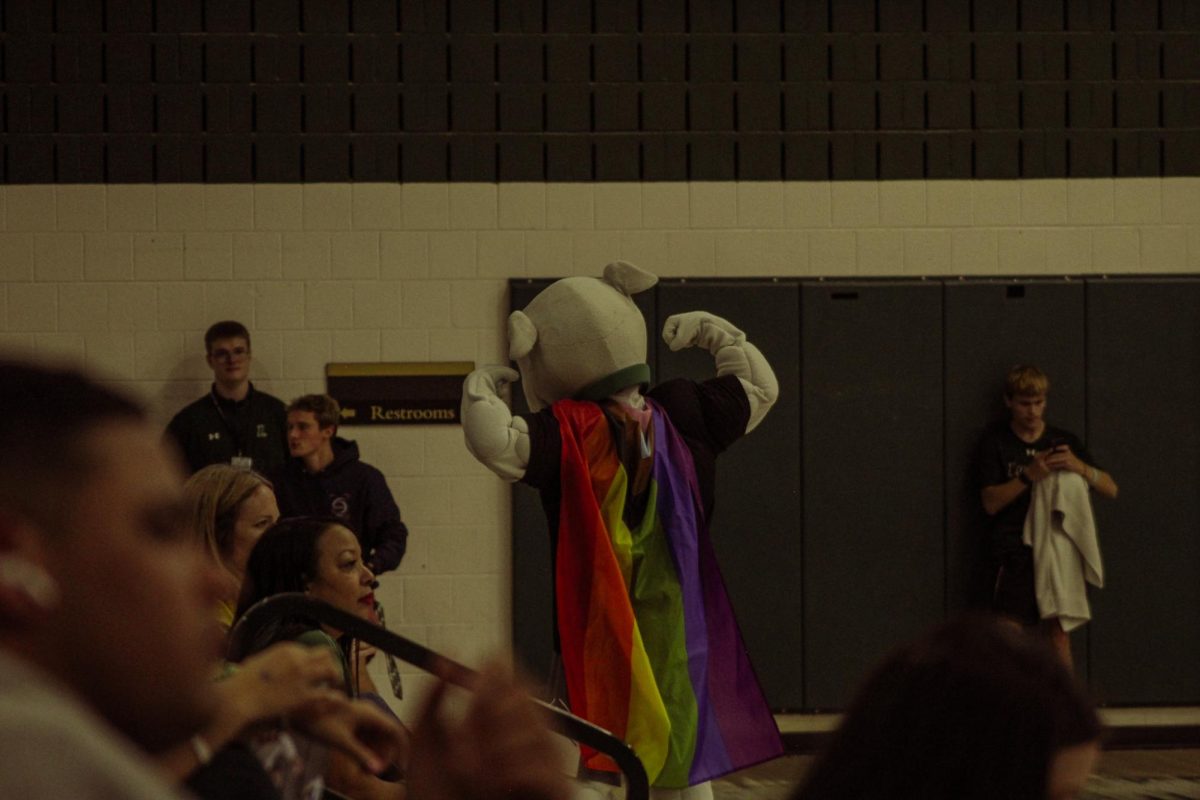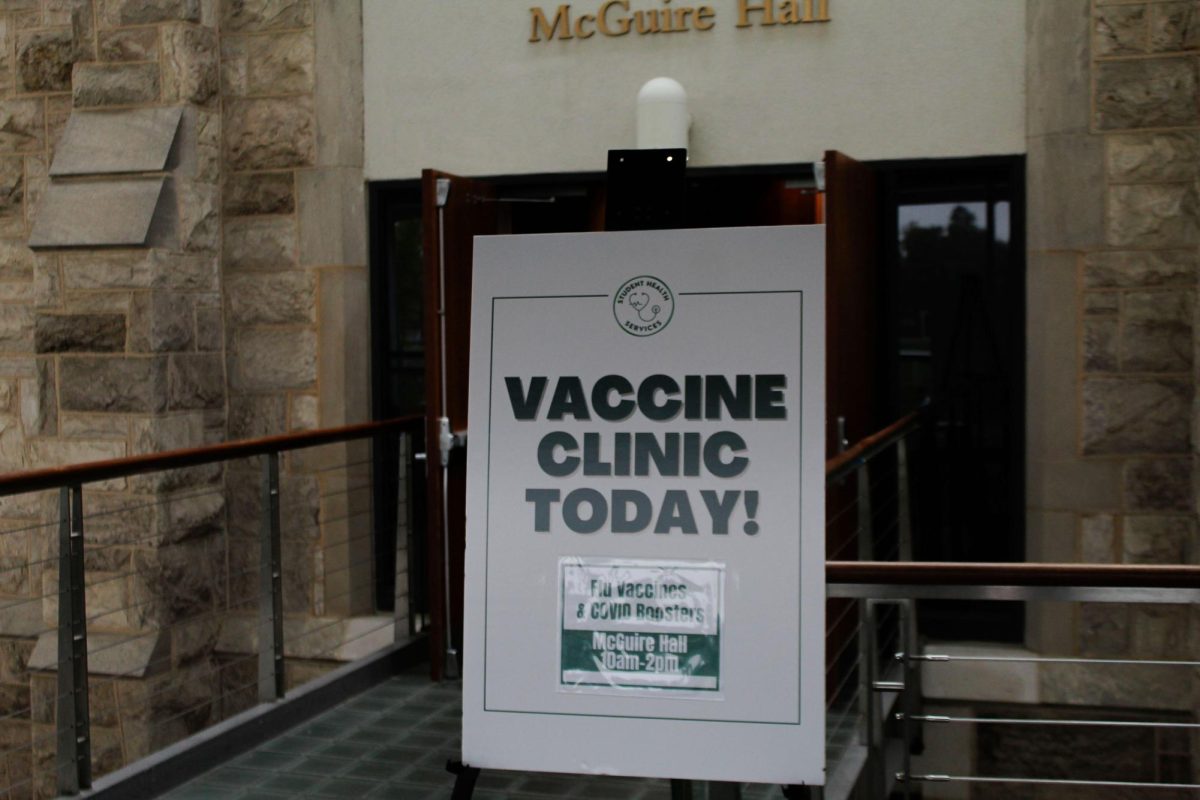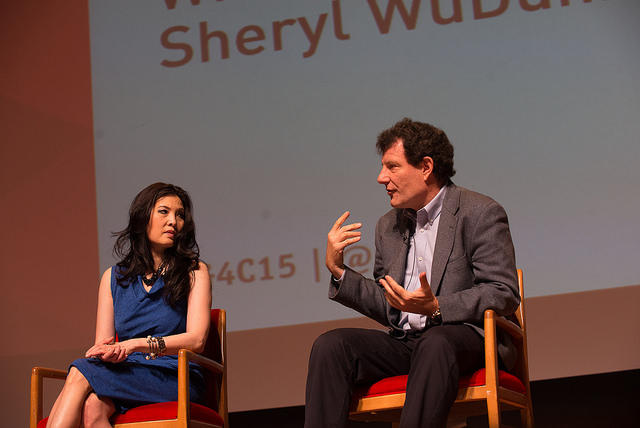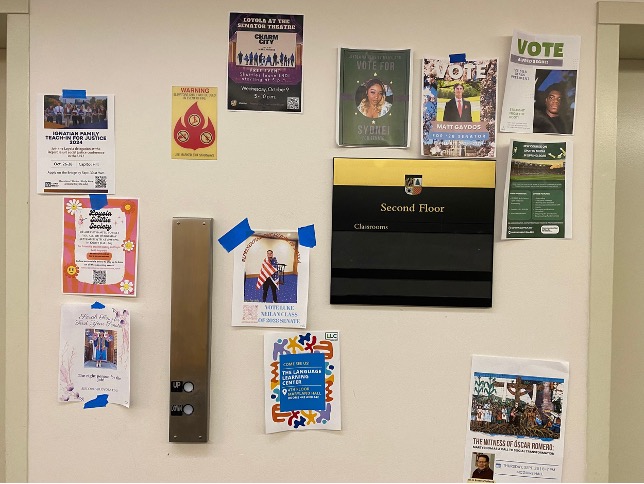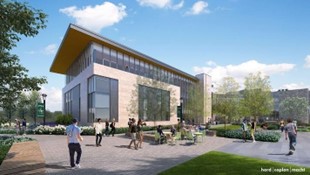Pulitzer Prize-winning couple Nicholas D. Kristof and Sheryl WuDunn were the guest speakers at the fourth annual Global Studies Hanway Lecture held on April 11. Kristoff and WuDunn are the first married couple to receive a Pulitzer in journalism, which they were awarded for their coverage of the Tiananmen Square democracy movement in China. Kristof and WuDunn have authored four books together. Kristof is a Harvard graduate and New York Times journalist who has won numerous awards throughout his career. WuDunn is a graduate of Cornell University, and she works as a business executive.
WuDunn began the lecture by commending students on their extensive involvement in service, and she posed the question to the audience, “What would you do if there were a drug that let you be a better, happier person who lives a longer life, and it had no side effects? Would you take it?” She then asked what we would do with our extra time. In response, she suggested that as a “super human,” we should take on “super problems.”
“What problems?” WuDunn asked. She explained that while income or wealth equality are often the issues that immediately come to mind when discussing injustices, she believes that another issue—that of equality of opportunity—is far more important.
WuDunn also discussed the fact that while we may have good intentions in intervening in areas of inequality, often our intervention doesn’t start early enough. In order to be most successful, WuDunn said, intervention must begin within the first 1000 days of life, if not sooner.
WuDunn referred to studies conducted in orphanages that looked at the development of some children who had been placed in foster homes as compared to the development of some who had not. This study showed that it mattered less whether or not the children were in foster homes and more the age of the child when foster care intervention was invoked. WuDunn said that the children who had been removed from the orphanage environment and placed in a foster home before the age of two improved significantly in terms of development, but children who had been placed in foster homes after the age of two showed only a fraction of the developmental improvements of the younger children.
WuDunn ended her portion of the lecture with the story of a student’s struggle for education in the face of homelessness in an urban city. She explained the student’s circumstances and the measures that she was forced to take to achieve her goal of receiving a college application and the help that she received from community members during her journey. WuDunn said that the student is now a graduate of Harvard University, and she highlighted the fact that it was “ordinary people” who helped her along the way.
Kristof began his portion of the lecture by explaining practical, economic ways of responding to many of the injustices that we perceive around the world. He began by discussing the issue of getting more children into schools around the world. Many believe that the most effective response to this issue is to build more schools, but Kristof explained that one of the underlying reasons for children’s absence from schools is disease. In response, he suggested that perhaps a more effective solution to education crises would be attending to the health of the children first.
Kristof also explained the phenomenon of the “empathy gap,” or the discordance between the income of affluent individuals and the amount of aid that they lend to those in need as compared to those who are less affluent. He said that “if you’re affluent, you’re more likely to live with like people,” whereas people who are less affluent often live with people who are worse off than they are, and “when they see that, they respond.”
Furthmore, Kristof described it as our social responsibility to close the opportunity gaps that exist today.
To expand on this point, Kristof told the story of Ali, a disadvantaged child who learned to enjoy reading through the generosity of his elementary school teacher and her little library. Kristof explained that Ali, wanting to protect his tough reputation, wouldn’t check a book out of the library, so when he found a book one day that interested him, he stole it off the shelf and read it. After enjoying the first book, Ali returned to the library and found another book by the same author, so he stole that one as well. This happened three times, and years later at a school reunion, Ali returned as a successful, philanthropic judge in the court system. Kristof said that at the reunion, Ali confessed to the teacher that he had stolen her books, to which she replied that she saw him steal the first book and proceeded to drive 70 miles to another town to find the second and third books. “Empathy made her say nothing,” Kristof said.
A logical question in response would inquire as to practical ways that we can begin to close this empathy gap. In response, Kristof suggested that study abroad is a powerful tool for decreasing this disconnect. “The sense of being in over your head is something that I wish for you,” Kristof said. He also noted that many times we feel that problems are so big that anything we do is a drop in the bucket. “But I’ve come to believe in the drops in the bucket,” he said. “That’s how you fill buckets.”
The lecture was followed by a question-and-answer session during which WuDunn and Kristof responded to questions regarding topics ranging from government intervention in national and global issues to modern racism and its various impacts.
Image from Flickr Creative Commons: Games for Change.



